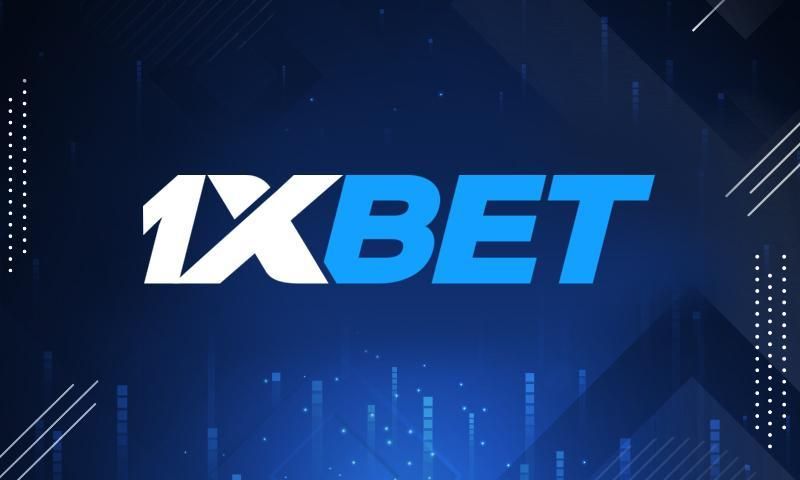28

Welcome to a practical guide on competitive wagering and how to approach esports betting responsibly. If you use mobile tools to place bets, consider checking the esports betting 1xbet app for convenience and live markets.
Esports betting has grown from a niche pastime into a global industry. As prize pools and viewership expand, so do the markets available to bettors: match winner, handicap, map totals, first blood, player props, and futures for major tournaments. That diversity creates opportunities but also complexity. Success in esports wagering comes from combining domain knowledge, disciplined bankroll management, and a clear process for evaluating odds.
Start with a focused study of the games you want to bet on. Popular titles such as Counter-Strike 2, League of Legends, Dota 2, Valorant, and Overwatch each have unique mechanics and competitive structures. Deep familiarity with how matches are structured—best-of-one vs best-of-three, map pools, patch impacts, and tournament formats—helps you interpret odds and variance. Follow professional circuits, roster moves, and coaching changes. A meta shift after a patch can dramatically alter team performance; bettors who adapt quickly find value.
Market literacy is essential. Understand how bookmakers set odds and where their margin lies. Compare prices across multiple sportsbooks to find the best line; small differences in odds compound over time and materially affect profitability. Use implied probability (1/decimal odds) to assess whether a bet represents positive expected value (EV). If your assessment of an outcome’s probability exceeds the implied probability, you may have an edge.
Bankroll management separates recreational bettors from professionals. Treat your betting funds as a separate bankroll and use unit sizes to manage exposure. Flat-betting a small percentage of your bankroll (e.g., 1–3% per bet) reduces the risk of ruin and allows you to survive losing streaks. Progressive staking can be tempting after wins but increases risk. Set loss limits, a target profit level, and avoid chasing losses with larger stakes.

Data and analytics are powerful tools in esports betting. Track team performance across maps, opponent types, and tournament stages. Pay attention to specific players’ forms and their performances in clutch situations. Use head-to-head stats, recent match history, map win rates, and economy statistics where available. Combine quantitative analysis with qualitative insights from match broadcasts, player interviews, and analyst breakdowns to form a holistic view.
Live betting introduces another dimension. In-play markets allow you to exploit bookmaker hesitation and momentum swings, but they demand fast decision-making and situational awareness. Watch the match stream when possible; visual cues—team aggression, coordination, and map control—can inform better live bets than relying on numbers alone. Limit live bets to scenarios you have a clear edge on and avoid impulsive wagering based on emotion.
Variety in bets can help manage variance. Single-match bets are lower variance than parlays, which multiply bookmaker margins and risk. Prop bets and player markets may offer mispriced opportunities if you’ve tracked individual performance trends. Futures (e.g., tournament winner) can yield large payouts but tie up bankroll for extended periods; use a modest portion of your funds for long-term speculative plays.
Psychology matters. Avoid confirmation bias and the trap of overvaluing recent wins or favorite teams. Keep a betting journal documenting rationale, stake size, and outcome for each bet. Periodically review your record to identify strengths and weaknesses—did certain markets perform better? Were you overconfident in live situations? Objective review builds discipline and refines your approach.
Regulation and security are practical considerations. Use licensed sportsbooks in jurisdictions you trust, verify payout policies, and secure accounts with two-factor authentication. Understand tax implications in your country for gambling earnings. Responsible betting practices include setting deposit limits, self-exclusion options, and seeking help if betting becomes problematic.

Promotions and bonuses can improve value but read terms carefully. Bonuses often have wagering requirements, restricted markets, or maximum bet limits. When used strategically, free bets and accumulator boosts can supplement a disciplined betting plan, but they should not replace fundamental edge-finding and risk management.
Community insights are helpful but use them as supplementary input rather than gospel. Follow reputable analysts, coaches, and statisticians who explain reasoning and methodology. Beware of tip services that promise certainty—esports outcomes remain probabilistic and subject to upsets. Collaborative tools like shared spreadsheets and public databases can accelerate learning if you vet sources and verify claims.
Advanced bettors use models and automation. Building predictive models requires good input data, feature selection (map preferences, recent form, head-to-head matchups), and evaluation metrics. Backtest models on historical data and be mindful of overfitting. Automation can help by scanning lines across bookmakers for arbitrage or value bets, but technology is an aid, not a guarantee.
Finally, longevity in esports betting demands adaptation and humility. The ecosystem evolves: new games rise, leagues reorganize, and analytics improve. Stay curious, keep learning, and prioritize process over short-term results. Celebrate good decisions even when variance leads to unfavorable outcomes; over time, sound process tends to produce consistent returns.
Esports betting can be rewarding intellectually and financially for those who approach it as an informed, disciplined activity. Focus on continuous improvement: refine your research methods, manage your bankroll, learn from mistakes, and maintain responsible habits. With preparation and patience, you can turn the thrill of watching competitive gaming into a strategic, long-term pursuit.
